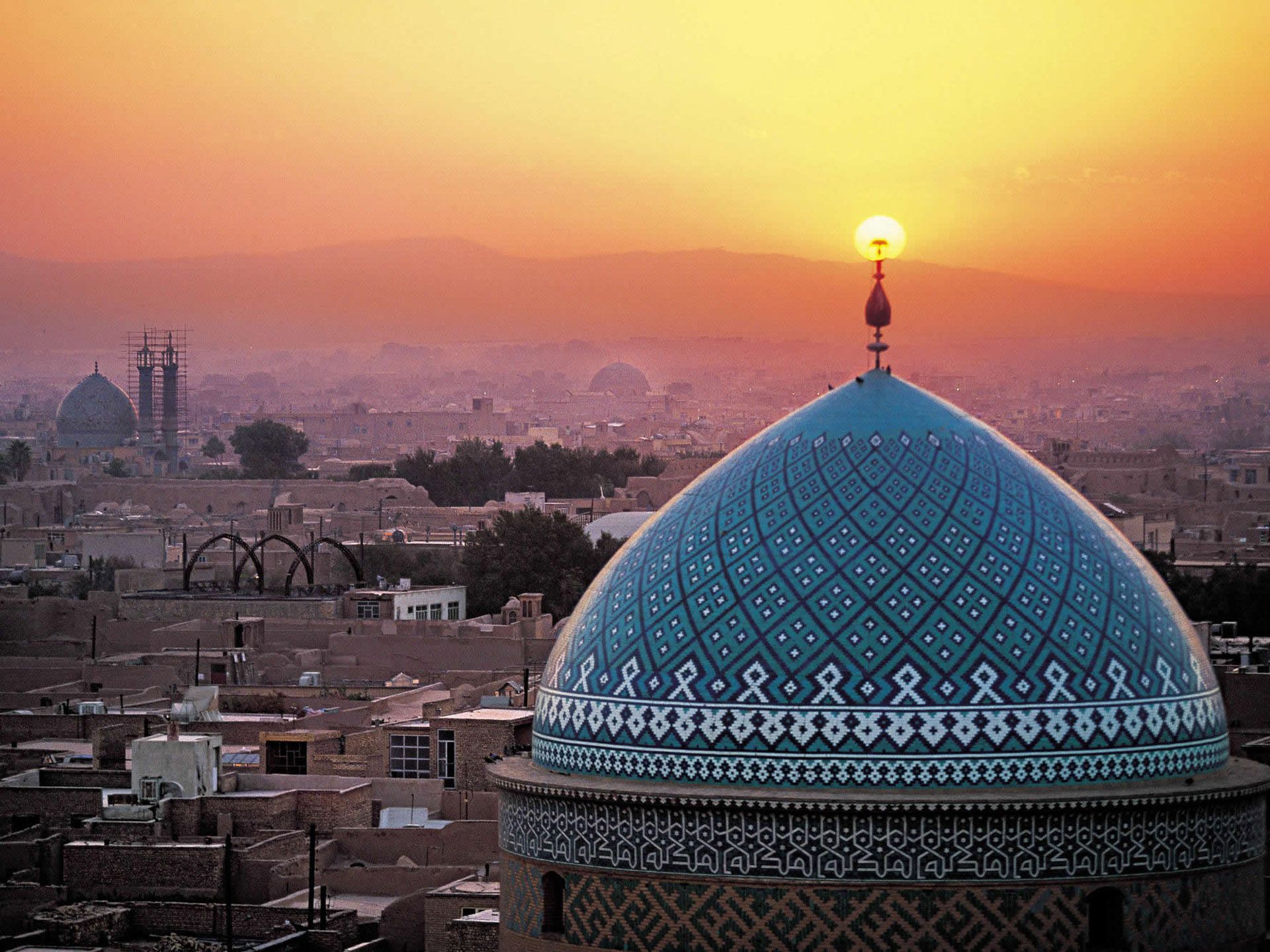This was going to be a piece about renewed tensions between Iran and America. It was going to discuss what President Rouhani has tried to achieve and why, Iran’s parallel state structures, their political and economic aspirations, possible repercussions for US manufacturing, and how for three decades conservative America has fundamentally misunderstood Iran. Then I crashed. The last two weeks have been one policy disaster after another, and it’s getting depressing. All roads lead to Trump, and, by the looks of it, ruin.
Instead, this going to be a bit more personal. I visited Iran during the holidays, and if you get the opportunity to go, I would heartily recommend it. The landscape is beautiful and varied, the people are the warmest, and friendliest people you will ever meet, and it is a multicultural melting pot unlike anything you will ever experience.
There is so much to surprise and warm your heart: a chador clad woman selling lingerie on the underground, a carpet salesman throwing a lunch party because he’s bored, a taxi driver smoking hash on the job. At Darband, on the outskirts of Tehran, little huts line the mountain side where young people go to let their hair down and smoke shisha together (and slightly higher up huts with curtains that I gather give young couples a little privacy). In Shiraz, people wander the city’s many gardens and appreciate the great poet, Hafez, with a respect and love that dwarfs even British society’s veneration of Shakespeare.
The sheer majesty of the country’s many mosques, gardens, tombs, and bridges is breath-taking. At Isfahan, I sat with a group of elderly men singing songs by the river bed. One informed me, with no small degree of pride, that he had been a captain in the Shah’s Imperial Navy. It was surprising to see someone so open about service to the Shah, an understandably reviled figure renowned for his excess and oppressive rule. Yet here was the captain, an old loyalist and maritime man singing his twilight days away far from the ocean.
The big blockbuster at the time was ‘Salaam Mumbai’ an Indian-Iranian production about an Iranian medical student falling in love while on exchange. The poster, plastered outside every cinema, was a curious contrast to the frequent portraits of the Ayatollahs. It has the film’s leads, an Indian woman, and an Iranian man, perched by a car, chatting jovially in jeans and shirts. No headscarves, no coverings, no segregation. The simple reality that Iran, unlike some of America’s allies, is not the radical, undemocratic nation that the Republicans think it is, slips by professional politicians and intelligence leaders.
In many ways, Iran is strikingly similar to America. They’re both ethnically diverse, fiercely proud, loving, hospitable, sharply divided along urban-rural and religious-secular lines, have shockingly unequal wealth distribution, and both possess a burgeoning youth that feel that maybe their country does not have the freedom that was promised.
For a moment, there was a chance for peace between those two great nations. Now I fear it is gone.
Edmund Goldrick
(Image courtesy of Thousand Wonders)

